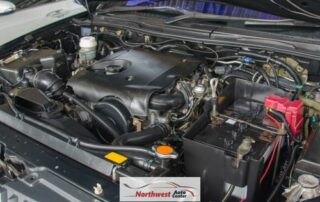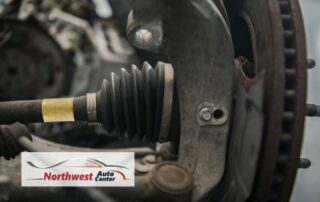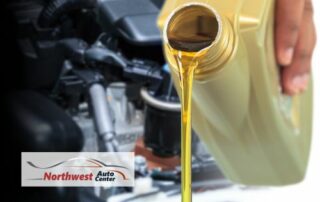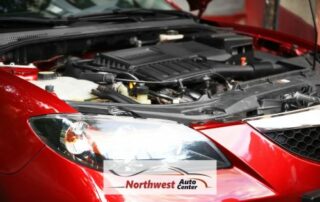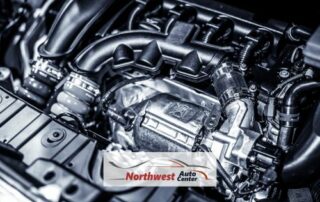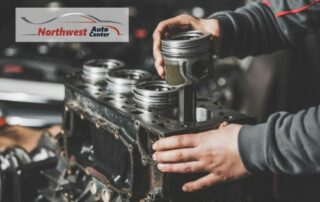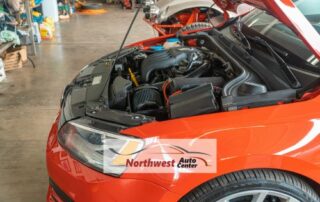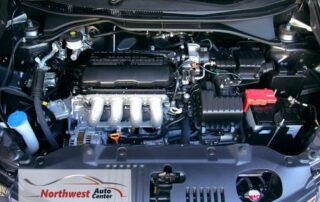Vehicle Safety Features for Texas Drivers
In the vast expanse of the Lone Star State, where roads stretch for miles under the Texan sky, safety on the road is paramount for Texas Drivers. From navigating the bustling streets of Houston to cruising along the open highways of West Texas, having a vehicle equipped with the right vehicle safety features can make all the difference in protecting yourself and your passengers. Understanding Car Safety: A Texan Perspective Texan roads present a unique set of challenges. Sudden weather changes and long stretches of highway make it crucial for drivers in the Lone Star State to prioritize safety behind the wheel. Investing in vehicles equipped with advanced safety features enhances your driving experience. It ensures you're prepared for whatever the road may throw your way. Vehicle Safety for Texas Drivers Anti-lock Braking System (ABS): Taming Texas Terrain Reliable brakes are essential in Texas, where weather conditions can change in the blink of an eye. That's where the Anti-lock Braking System (ABS) comes into play. This innovative feature prevents [...]


